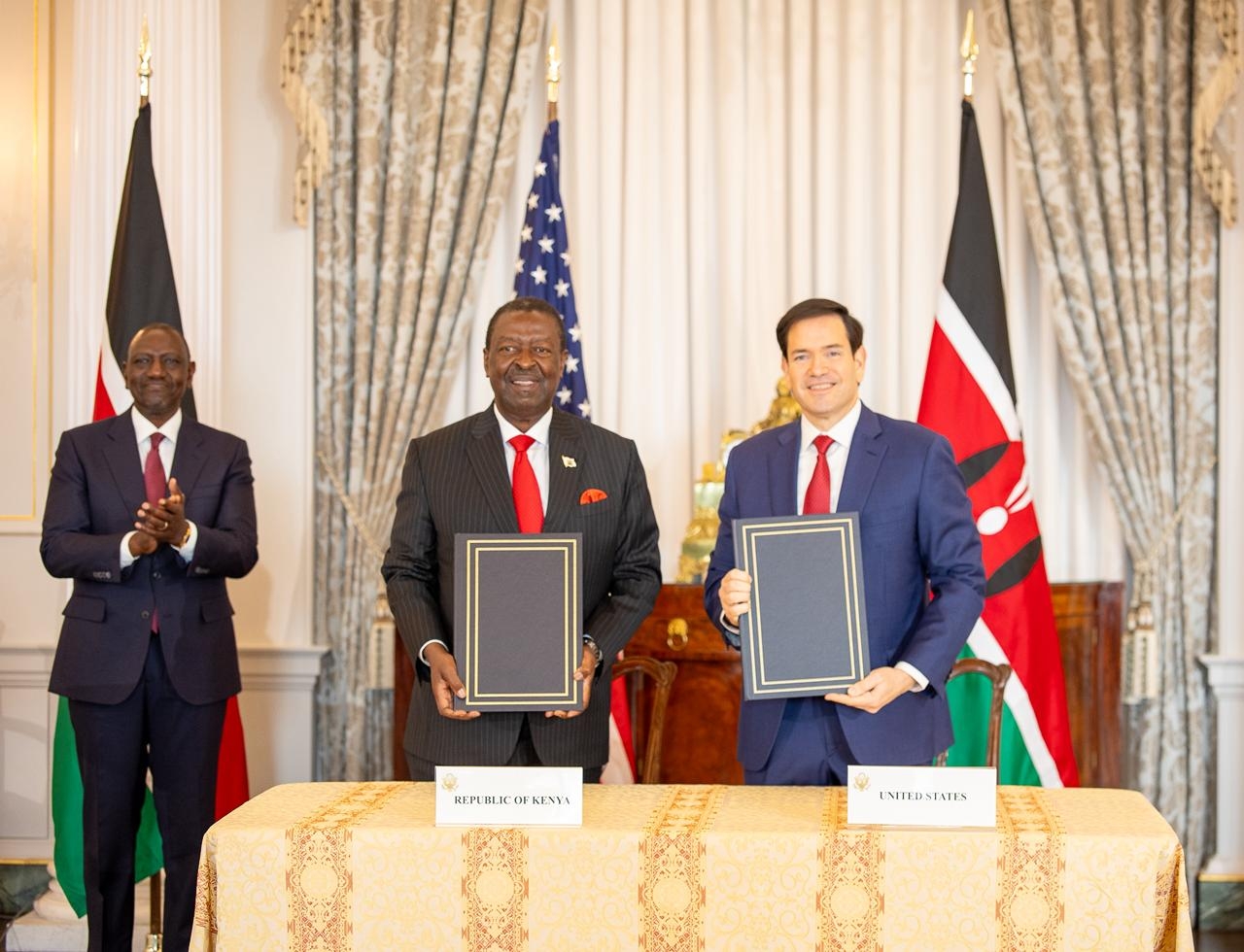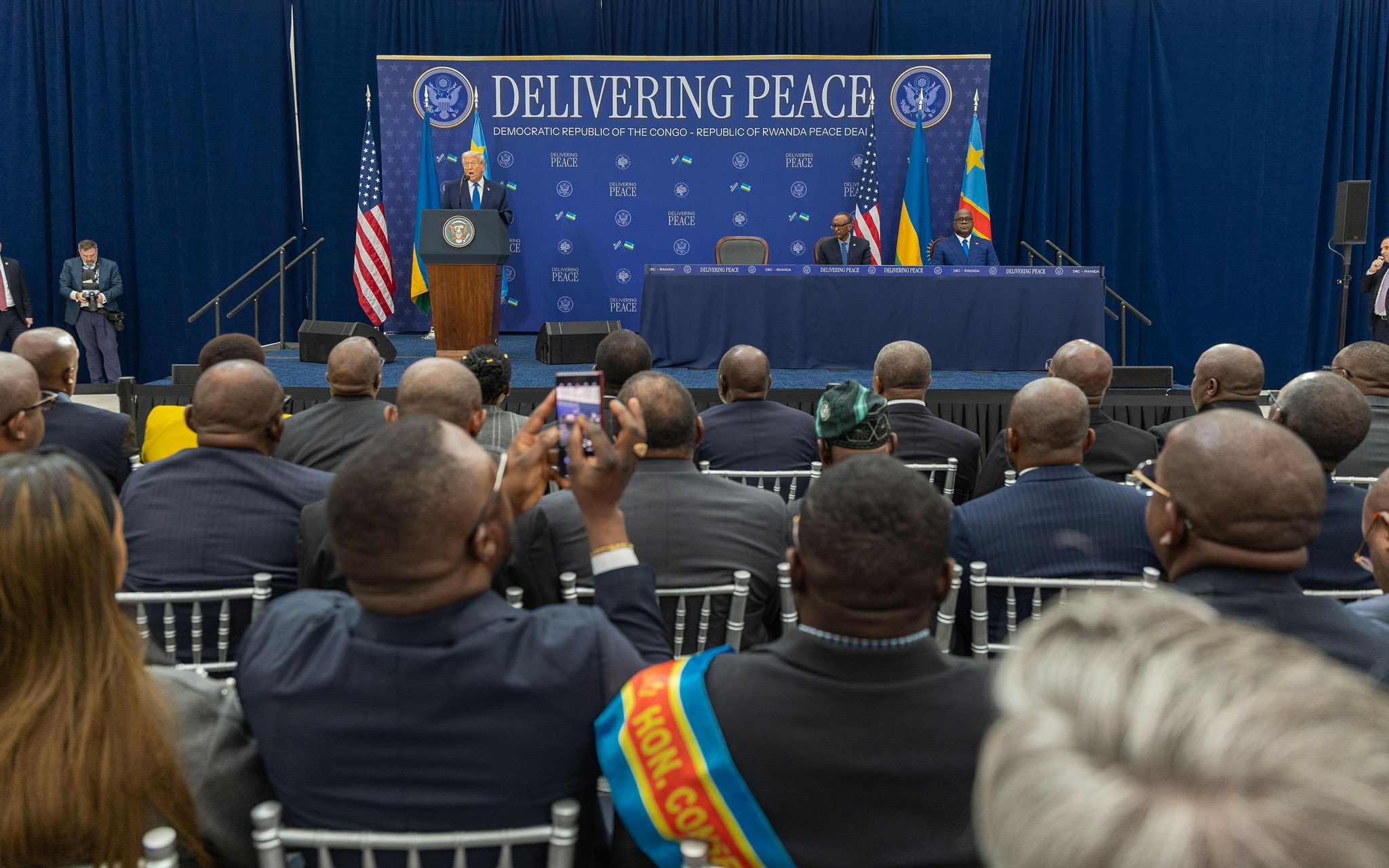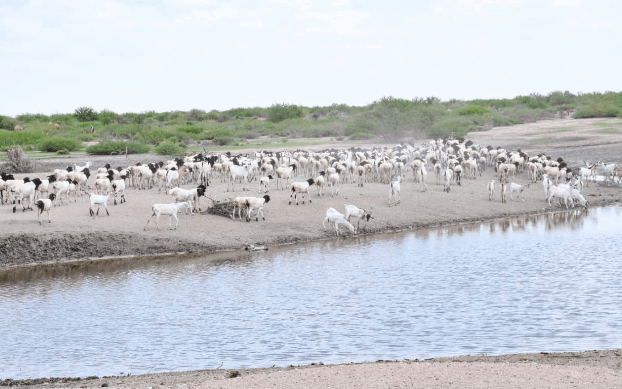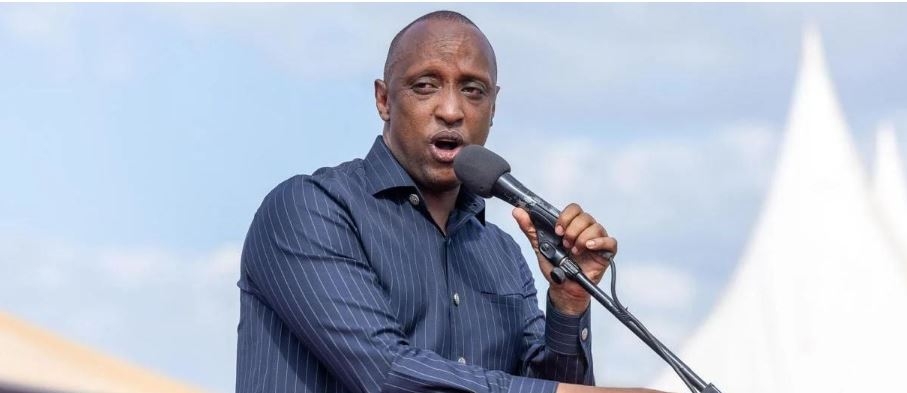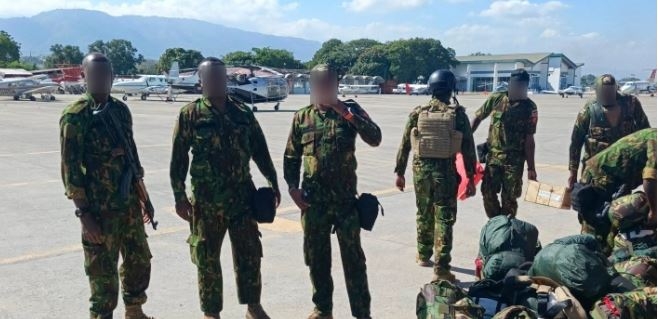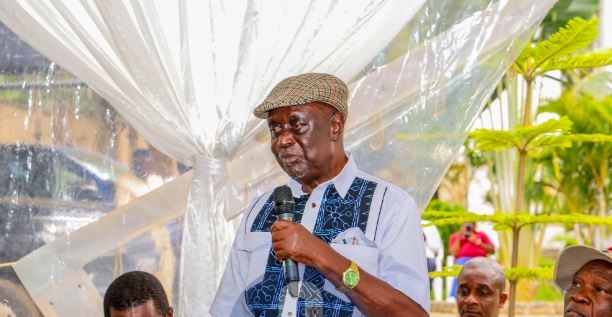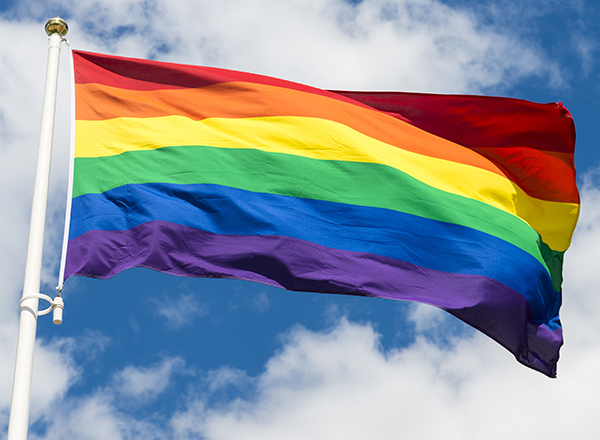
Martin Nyambura, not his real name, is an accomplished medical doctor at a major hospital in Nairobi.
He is also a gay man struggling for acceptance in his workplace, where he has been for five years.
From intrusive and insensitive jokes to being left out of some conversations, Nyambura says homophobic tropes are the order of the day in his work environment.
“Will there be a time sexual minorities get accepted and their space honoured?” he posed to this writer after a media roundtable in Nairobi.
Being unmarried has also put him at cross-purpose with his colleagues as some discover his inclination.
Sometimes, his ability to handling patients is questioned, even though he is relatively senior, having been a doctor for 10 years.
“It is just getting too much. One colleague once joked that I should not contribute to a discussion on paediatric care at the hospital because I don’t know how children are born (because of my orientation),” the 48-year-old said.
“Another claimed that I cannot be entrusted with giving gynaecological and obstetric care to my patients.”
However, Nyambura says while being queer does not make him any less of a doctor, he does not flaunt his orientation.
The medic has not gone public about his inclination neither does he behave or dress in a manner that would easily out him.
He highlighted the stigmatisation faced by this group of people.
“It is disheartening that most people of minority sexual orientation have to go through this in one shape or form. I know of many top officials even in government and boardrooms who are queer and suspect they go through some of these things.”
A report by human rights agencies shows that transgender people face stigma, discrimination and violence in Kenya.
Discrimination in particular is prevalent, it says, occurring in the form of lack of recognition of a third sex by the government, access to justice, employment and other spheres of public life.
Sexual violence is also high, as Kenyan society remains largely conservative, with the majority rejecting homosexual behaviour.
A 2023 Pew Research found that over 90 per cent of Kenyans oppose same-sex relations.
The acts remain outlawed. Section 162 of the Kenyan Penal Code of 1930, as revised in 2006, provides that a person who has carnal knowledge of another against the order of nature; or who permits a male person to have carnal knowledge of him or her against the order of nature, is guilty of a felony and is liable to imprisonment for 14 years.
Section 165 states “any male person who, whether in public or private, commits any act of gross indecency with another male person, or procures another male person to commit any act of gross indecency with him, or attempts to procure the commission of any such act by any male person with himself or with another male person, whether in public or private, is guilty of a felony and is liable to imprisonment for five years”.
The Kaluma Bill seeks to strengthen these prohibitive provisions, locking up the space for homosexuals in the country.
However, activists believe it is time Kenya recognised the reality that a huge chunk of the society have adopted the lifestyle and they should be embraced.
“As a society, we have embraced drunkards and all manner of people. Queer people are just asking to be let to be. We are asking to be accorded freedom and safety like all other people,” Justine Wangeci, a queer activist said


